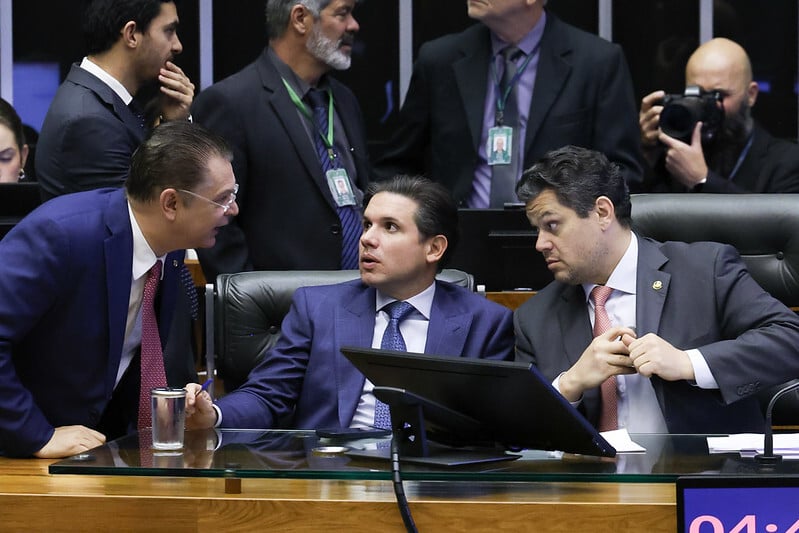In Latin America, the true cost of bureaucracy is measured not only in stamps, signatures or hours lost in line at government offices. It is measured in jobs never created, innovations never developed and billions in economic growth left on the table.
That’s the warning from Sary Levy-Carciente, a Venezuelan economist and researcher at Florida International University’s Adam Smith Center for Economic Freedom.
In an interview with Canal UM BRASIL — an initiative of the São Paulo State Federation of Trade in Goods, Services, and Tourism (FecomercioSP) — during a recent visit to São Paulo, Levy-Carciente presented findings from the 2024 Bureaucracy Index, an annual survey she leads that tracks how small and medium-sized businesses navigate regulatory hurdles across the region.
Her team’s calculations are stark: in Brazil alone, the hours consumed annually by bureaucratic obligations amount to roughly USD 50 billion in lost productivity — the equivalent of 13% of the country’s annual exports.
“Agility in regulation is not merely a matter of paperwork; it is a matter of development and freedom,” Levy-Carciente said. “Every hour a company spends filling out forms is an hour not spent producing, innovating or serving clients.”

While the difficulty of starting a business has long been a benchmark for international comparisons, Levy-Carciente argues the real bottleneck emerges later, once a company is already running.
In Colombia, for instance, opening a business is no harder than in neighboring countries. But maintaining compliance with labor and administrative rules requires so many hours of reporting and record-keeping that the country tops the index for ongoing bureaucratic burdens.
Brazil’s profile is mixed. On one hand, Levy-Carciente acknowledges improvements: the country now sits below the regional average in overall bureaucratic burden, reflecting progress in federal digitalization and streamlining.
On the other hand, municipal governments remain a major obstacle. Local permits, certifications and constantly shifting requirements often consume disproportionate amounts of time, delaying operations for months.
“Modernization usually begins at the national level,” she explained. “But it doesn’t always filter down to municipalities, where companies face overlapping demands — a fire safety certificate before a zoning permit, a zoning permit before a property registry update, and so on.”

Levy-Carciente stressed that bureaucracy originally served a legitimate purpose: to bring order to the relationship between citizen and state. The problem, she argued, is the unchecked expansion of regulatory control into areas that stifle rather than protect.
“There is a difference between setting public health standards and requiring documentation of when an employee took vacation to care for a sick parent,” she said. “We crossed into a system of control that too often exceeds common sense.”
Beyond the measurable cost of lost output, Levy-Carciente pointed to the intangible toll: entrepreneurs distracted from their markets, companies unable to scale, innovations abandoned in the face of red tape. In her view, excessive bureaucracy doesn’t just slow economies – it undermines personal and collective freedoms.
She proposes three remedies: eliminating redundant procedures, investing in genuinely user-friendly digital platforms and strengthening education — both for citizens, so they know their rights, and for public servants, so they are better trained to serve.
“The fight against excessive bureaucracy is ultimately about planting stronger institutions for the present and future generations,” she concluded. “It is about ensuring that freedom, not control, is the foundation of development.”
To watch the full interview in Spanish with Portuguese subtitles, click here.









